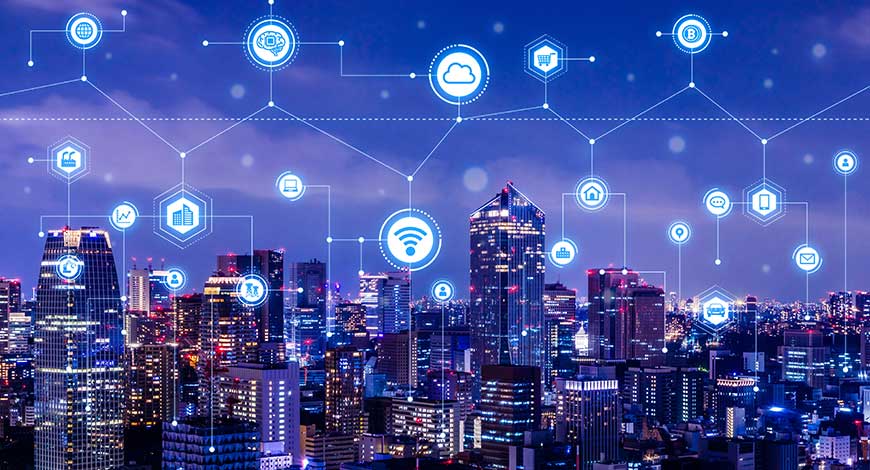

Technology is immersed in our lives and our businesses more than ever: it is increasingly pervasive in the way we work and lead our organisations. At the heart of this is data, which organisations have been stockpiling for years. By 2020, this data volume will reach 44 trillion gigabytes or 44 zettabytes, and organisations are already working hard to extract greater value from that data. What’s driving this is experiences: of being an employee, or a customer, or a business leader. The importance of data-derived insights in transforming experiences – within the workplace and outside – will continue to grow and is set to define many leaders’ priorities as they work towards creating digital-first organisations.
Technology in the workplace
Why is experience a driver? Look at the expectations of the workforce today. Generation (Gen) Z, the first true digital-natives who are just starting to enter the workforce, provides a timely example. According to our latest study, Gen Z: The future has arrived, 98% have already used technology as a part of their formal education, and 85% want to work with cutting-edge technology in their future careers. For this generation, technology is an expectation, not a new factor in their lives or work.
Organisations are being challenged to think about how they can attract the best talent, by re-examining the entire experience they are offering their workforce: from learning to a commitment to accelerating career paths, to genuine enablement through technology. These are strategies that have a direct impact on business outcomes.
To the latter point, immersive intelligence will continue to transform the workforce experience: half of the business leaders expect to learn on the job with augmented reality (AR) by 2030. The PCs and devices we use every day will continue to learn from our habits, proactively booting-up with the right apps and services at the right time. Advances in natural language processing and voice technologies will create a more productive dialogue with machines, while automation and robotics will create faster, more fluid collaboration with technology to get more done. With augmented and virtual reality (VR) applications creating workplace and home experiences, people will have access to the data they need to do work whenever, wherever they are.
Customer engagement
Immersive experiences are quickly becoming a focal point for companies’ customer engagement strategies, too. Globally, 8 in 10 business leaders expect that they will be delivering hyper-connected customer experiences with VR, by 2030, according to our research. By combining machine intelligence with the latest augmented and virtual reality solutions, providers of consumer technology are making virtual assistants more intelligent and accessible than ever before.
With the rising number of smart home technologies, “things” and connected cars – all of which can learn our preferences and proactively serve-up targeted content and information based on previous interactions – immersive intelligence will be increasingly important in terms of its pervasiveness and its impact on the way we work, live, and play. From enabling machine automation in the workplace to tracking our personal health, the possibilities are endless.
Putting data at the heart
To deliver these experiences, organisations across India need to create an experience-focused mindset that is built on extracting value from data. Indian businesses are amongst the top to use that data to add value to its customers. India is advanced in its innovation around emerging technologies, such as artificial intelligence (AI), machine learning, and the Internet of Things. Indian business leaders have recognized that emerging technologies like AI need to be at the heart of their transformation, and around 8 in 10 Indian leaders have predicted that they will be using AI to pre-empt customer demands within five years.
As organisations derive more value from data – with those insights driving faster innovation and more efficient business processes – exciting times lie ahead for the technology sector. Digital transformation will use data and emerging technologies to create powerful new experiences and will strengthen businesses and allow them to remain competitive.
Disclaimer: The views expressed in the article above are those of the authors’ and do not necessarily represent or reflect the views of this publishing house. Unless otherwise noted, the author is writing in his/her personal capacity. They are not intended and should not be thought to represent official ideas, attitudes, or policies of any agency or institution.
[“source=businessworld”]




